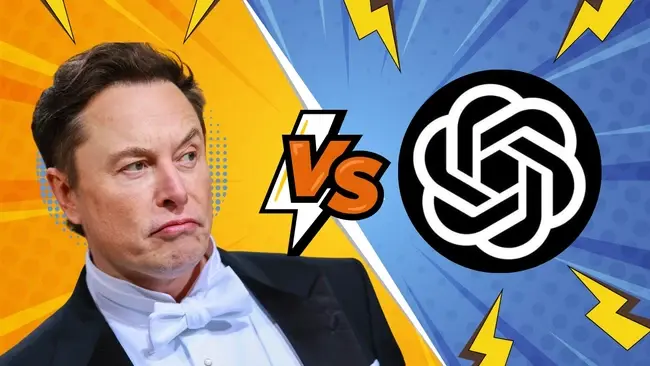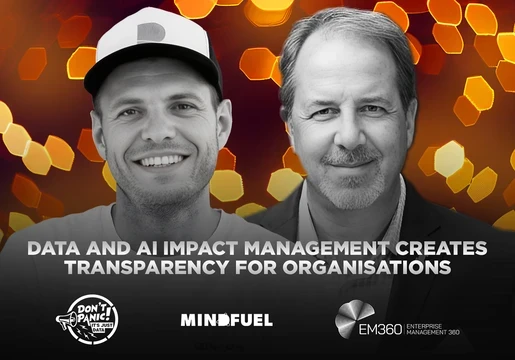Another day, another AI company. But, founded by Elon Musk and backed by an all-star ensemble of AI researchers, xAI is not your typical Silicon Valley startup.
Unveiled on Wednesday, July 12, xAI is Musk’s answer to ChatGPT creator OpenAI – a company he has publicly criticised for training biased AI models and promoting a so-called “woke mind virus” by restricting content from users.
With xAI, the billionaire wants push AI research in a new direction. On the company website, he and his team say they are on a mission to “understand the true nature of the universe,” an objective they claim will be explained in a Twitter Spaces Chat on Friday, July 14.
Musk has made his ambitions for building an AI platform clear for some time. The earliest indications that the Twitter CEO was set on his own AI project were in March when news spread that the billionaire was searching for developers to help him build a ChatGPT Rival.
We now know who answered his calls – from Deepmind and OpenAI engineer Igor Babuschkin to Google’s Manuel Kroiss and Guodong Zhang from Deepmind, Microsoft Research and Google Brain – xAI’s team is impressive to say the least.
Dan Hendricks, director of the Centre for AI Safety, is also listed as the only safety advisor of the team. Hendricks was one of the AI leaders to join Musk and over 3000 others in signing an open letter calling for AI companies like OpenAI to pause research into “superintelligent AI systems.”
The Center for AI Safety was also behind a second open letter published in May warning of the "risk of extinction" from AI.
But Musk’s motivation behind xAI doesn’t seem to have anything to do with AI’s existential threat to humanity. The billionaire isn’t scared of AI, he just wants to be in the driving seat.

‘Anti-woke’ AI
Musk’s disdain for OpenAI is nothing new. Musk co-founded the research company in 2015 only to sever ties with the firm three years later after reportedly falling to take control of what was then a non-profit.
And since OpenAI took the world by storm with the launch of ChatGPT, Musk has been on the offensive, accusing the chatbot of being “very problematic” due to its biased responses.
During an interview with "Tucker Carlson, Musk said that “AI is more dangerous than, say, mismanaged aircraft design or production maintenance or bad car production” and that “it has the potential of civilization destruction.” https://t.co/p77NJZDBmS
— 🐈MEOWSHY😽 (@Meowshallah1) July 12, 2023
In a Tweet posted earlier this year, he called the chatbot “concerning” for reusing a racial slur in a bizarre hypothetical situation where doing so would save millions of people from a nuclear bomb.
In another Tweet, responding to a user asking OpenAI CEO Sam Altman to “turn off the woke settings for GPT,” the billionaire replied: “the danger of training AI to be woke — in other words, lie – is deadly.”
Musk’s comments are part of a larger cultural debate fuelled by the concern that moderation features placed on AI threaten its users’ right to freedom of speech.
The billionaire claims that restrictions OpenAI places on ChatGPT promote the so-called “woke mind virus,” a supposed threat to society trying to impose principles like racial diversity, and gender identity with no thought about the variety of opinions and freedom of speech.
Musk therefore reportedly wants xAI to create an “anti-woke” chatbot that would not, in his mind, be biased in favour of the political left, but instead be a "maximum truth-seeking AI."
"The mission of @xAI is to create a 'maximum truth-seeking' A.I." - @elonmusk pic.twitter.com/C8i24ZDveh
— DogeDesigner (@cb_doge) July 13, 2023
According to xAI's newly-appointed AI researcher Igor Babuschkin, this will be less focused on removing restrictions from AI chatbots and more driven to improve their reasoning and penchant to fabricate the truth to create the first unbiased chatbot in the world.
Of course, this will be easier said than done. Musk is no stranger to making bold bets, but what little has been revealed of xAI’s goals doesn’t sound like anything industry-breaking.
xAI vs OpenAI
ChatGPT and its rivals, such as Google’s Bard, are built on deep learning. OpenAI’s CEO Sam Altman has said entirely new ideas are needed to push beyond these existing systems.
However, Much of the recent progress in AI has come from making existing systems bigger and throwing more computing power and data at them. And AI is expected to transform tech and other industries over the next few years by deploying this mostly-mature technology.
At this stage, xAI seems likely to lack the cloud computing power needed to match OpenAI, Microsoft, and Google. Its relatively small team of AI researchers does not look world-leading compared to the hundreds that each of those established firms can deploy on AI projects.
Although Musk’s so-called giant-killing AI project is starting small, Musk does, of course, have some key resources up his sleeve.
But at this early stage, xAI’s reality-bending agenda seems primarily about attracting talent, since AI expertise has never been in greater demand.
The most pressing problem for any new entrant, even one backed by Musk’s reputation and deep pockets, is to show it can attract the researchers needed to eventually become competitive.







Comments ( 0 )